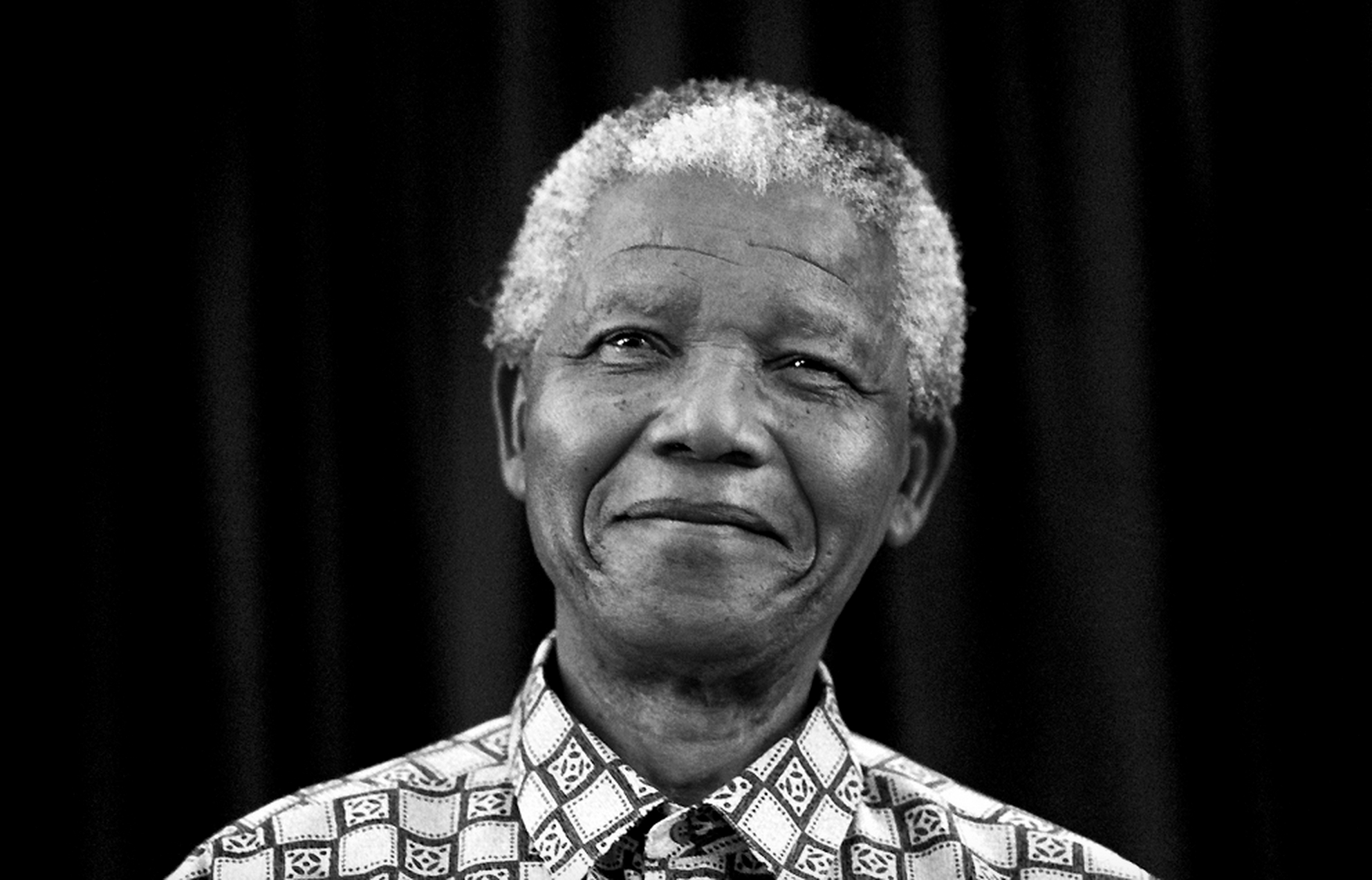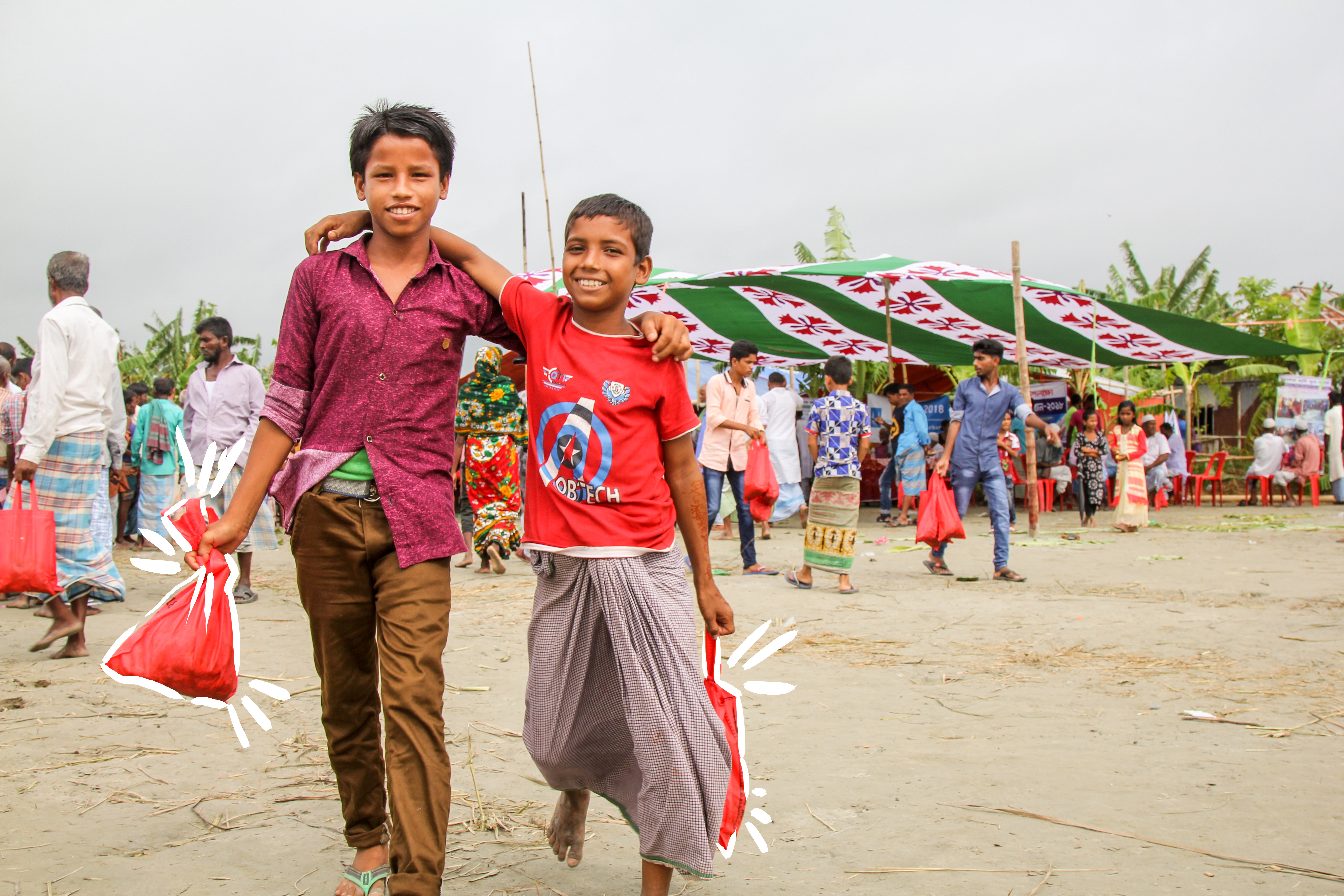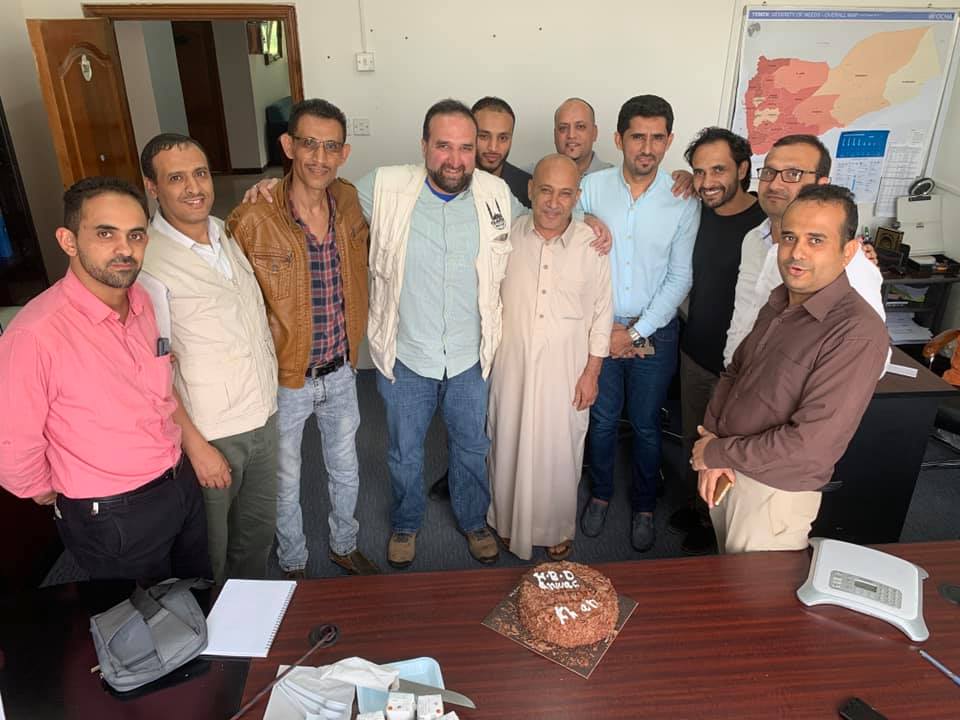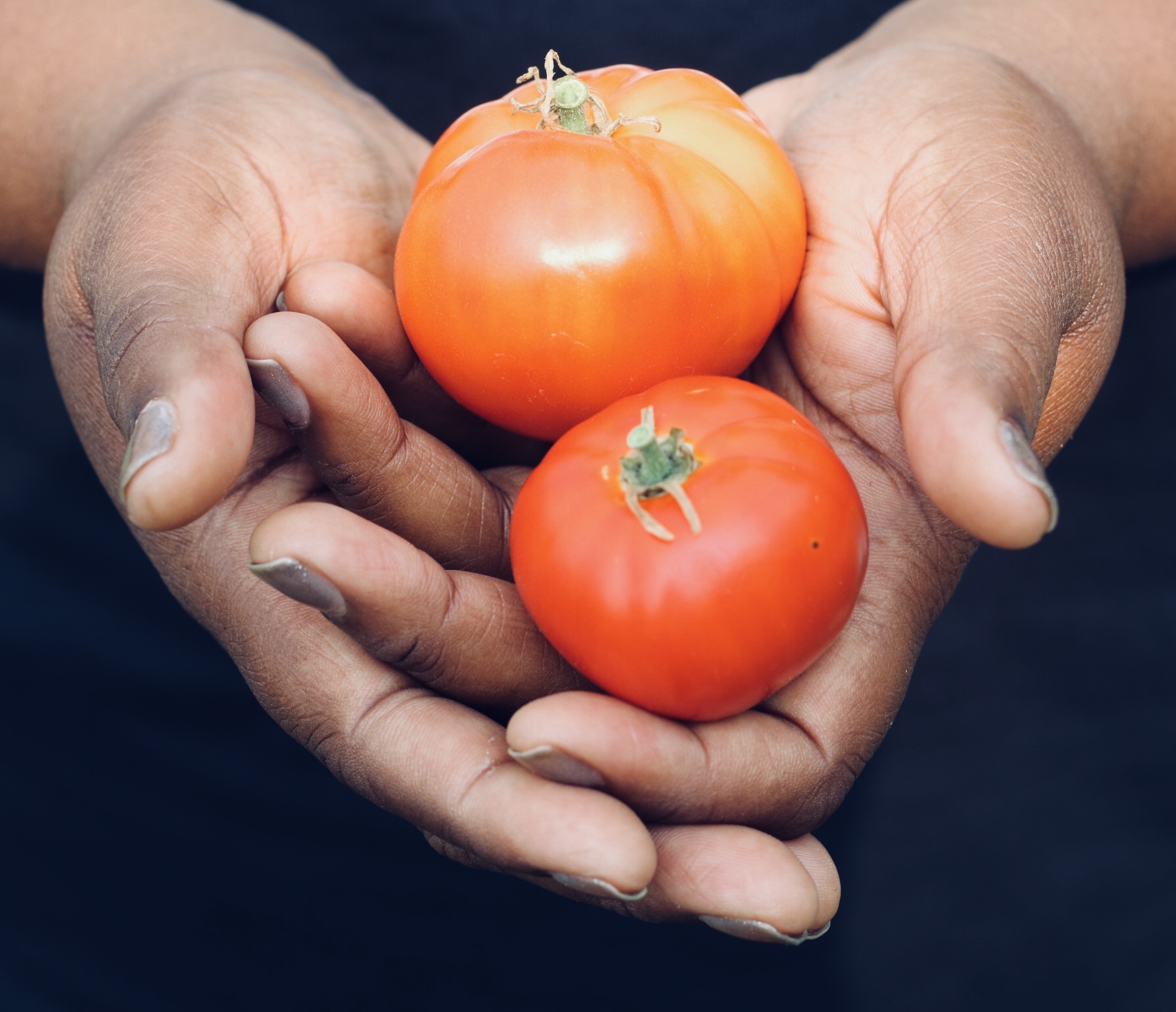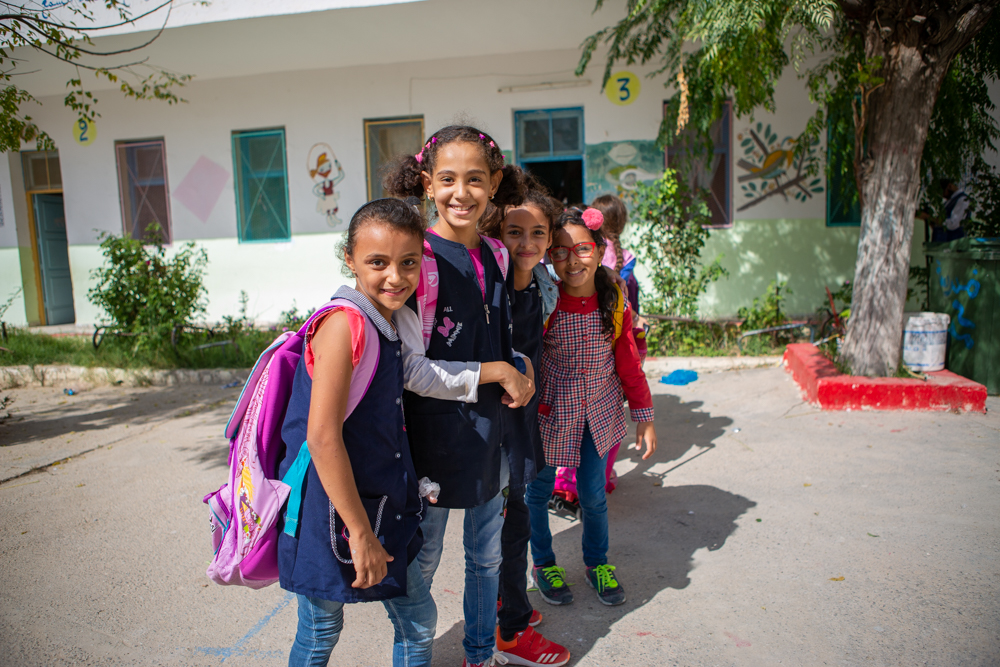-
Nepal Earthquake: Working Together Six Months On
Islamic Relief has been working in Nepal since double earthquakes tested villagers there six months ago, and as a winter warning has been issued for Nepal’s earthquake survivors, Islamic Relief teams are pushing resiliency efforts on the ground. When the earthquake struck Nepal on April 25, millions of people were affected. Pictures showed remote villages completely leveled to rubble. The full impact of the earthquake, which measured 7.9 on the Richter scale, was not known until weeks later as officials and aid workers struggling to reach remote areas. The earthquake took the lives of nearly 9,000 people, and more than 22,000 more were injured. 8 million people were affected and…
-
#Sharehumanity with Islamic Relief USA on World Humanitarian Day
Nada Shawish is communications specialist at Islamic Relief USA. 19 August 2015 – There’s nothing connecting humanitarians and the world better than social media today—And on World Humanitarian Day the United Nations has launched a call to people around the world to share stories of humanitarian heroism on their social media feeds. At Islamic Relief USA, my colleagues and I are dedicating our feeds to humanitarian heroes for World Humanitarian Day—Are you? In 2015 nearly 78 million people are in need of urgent humanitarian assistance @islamicrelief #Dosomething #sharehumanity Islamic Relief USA humanitarians are tirelessly working in some of the most dangerous places in the world to reach people who need…
-
‘Finding a Way’: IRUSA Team Reports From Nepal
When the Islamic Relief USA team landed in Kathmandu, Nepal, four days after the earthquake in April, they were surprised to see that only one out of 10 or 20 houses showed signs of damage. Then they got into a car to drive closer to the epicenter. As the winding roads became steeper and more treacherous, the rubble piled higher on each side. There, they found deep gashes in the Earth, and entire villages flattened. “The saddest thing is that those affected the worst are usually the poorest people,” said IRUSA’s Ridwan Adhami. “They don’t have much to lose, and they still lost it all.” What they didn’t lose was…

